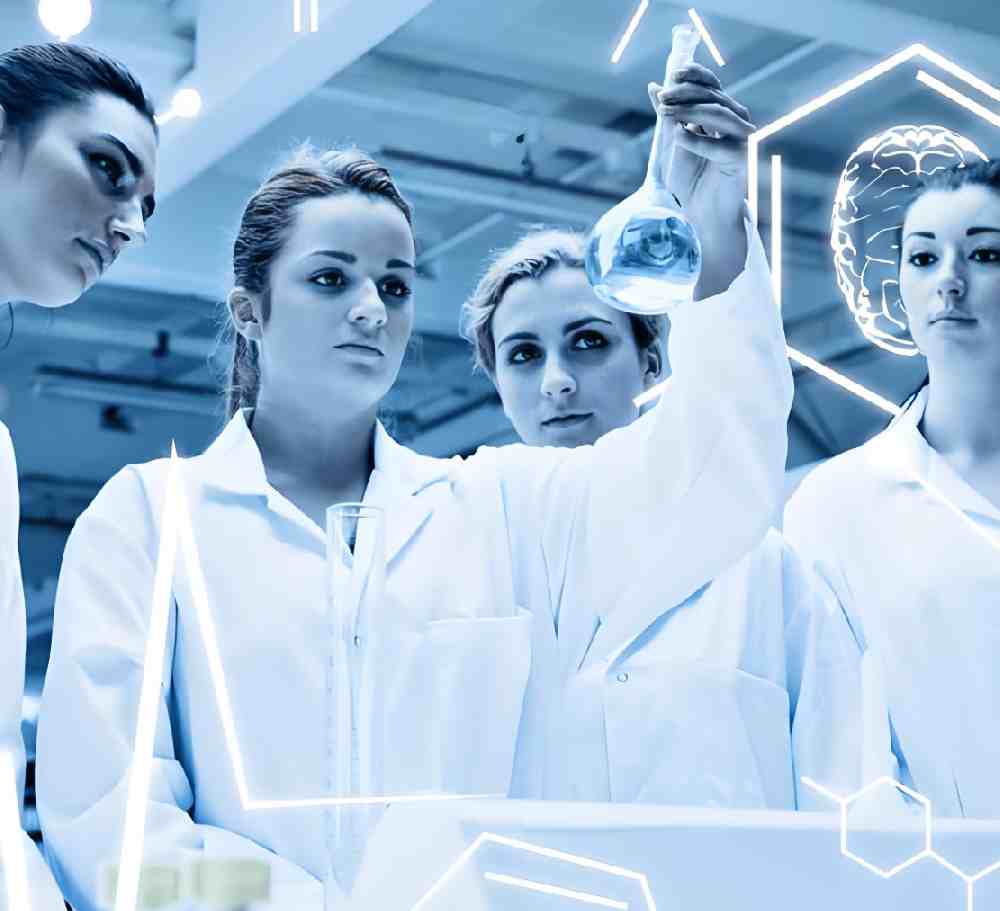Purified water, process water inspection and testing training
Professional testing, protect life - Pharmaceutical industry purified water and process water inspection and testing training, for your career
Training in the inspection and testing of purified water and process water usually involves multiple aspects to ensure that the water quality meets established standards and requirements. Here is an overview of the training:
1. Theoretical knowledge
Water quality classification and standard
Purified water: The definition of purified water, preparation methods (such as distillation, ion exchange, reverse osmosis, etc.) and its application in different industries (such as pharmaceutical, electronics, chemical, etc.) are introduced. At the same time, the quality standards that the purified water should meet are expounded, such as the relevant provisions of the purified water in the Chinese Pharmacopoeia.
Process water: Summarize the types of process water (such as raw water, drinking water, purified water, ultra-pure water, water for injection, etc.), as well as the uses and special requirements of various types of water quality.
Water quality index and detection method
The main indexes to be tested for purified water and process water are introduced in detail, such as pH, chloride, ammonia, nitrate, nitrite, heavy metals, electrical conductivity, microbial limit (total number of bacteria, mold, yeast), etc.
For each index, explain its detection method, principle, required reagents and equipment, and emphasize the precautions in the operation process.
Interpretation of laws, regulations and standards
Interpret relevant laws and regulations, industry standards and norms related to water quality testing, such as Drinking Water Sanitation Standards, Chinese Pharmacopoeia, etc., to help students understand the compliance requirements of water quality testing.

Second, the practical operation part
Sample collection and pretreatment
Explain the principles, methods, tools and precautions of sample collection to ensure the representativeness and accuracy of samples. At the same time, the methods and steps of sample pretreatment are introduced to reduce the influence of interfering factors on the test results.
Use and maintenance of instruments and equipment
Demonstrate and explain the use and maintenance skills of commonly used instruments and equipment in water quality testing (such as pH meter, conductivity meter, spectrophotometer, microbial detector, etc.) to ensure that students can master these tools.
Detection experiment
Organize students to carry out practical operations, including the detection of various indicators of purified water and process water. In the process of experiment, guide students to correctly operate instruments and equipment, prepare reagents, record data, etc., and answer students' problems encountered in the experiment.
Data processing and analysis
Teach students how to process and analyze test data, including data calculation, comparison, judgment, etc. At the same time, students are guided to understand the meaning behind the data, evaluate the water quality situation and give corresponding suggestions or measures.
Third, quality management
Quality control and quality assurance
The quality control measures and methods in the process of water quality testing are introduced, such as parallel experiment, blank experiment, standard curve method, etc. At the same time, the importance of quality assurance is emphasized to ensure the accuracy and reliability of test results.
Laboratory management
Explain the daily management standards and requirements of the laboratory, including laboratory environment control, instrument and equipment management, reagent and consumable management, personnel training and so on. To help students establish a scientific laboratory management system and improve the efficiency and management level of the laboratory.
Iv. Case analysis and discussion
Analyze some typical water quality testing cases, guide students to learn lessons from the cases, and improve the ability to solve practical problems. At the same time, students are encouraged to actively participate in discussions and exchanges to share their learning experience and experience.
In summary, the content of inspection and testing training for purified water and process water covers theoretical knowledge, practical operation, quality management and case analysis. Through systematic training and learning, students can fully master the skills and knowledge of water quality testing, and provide strong technical support for the production and development of related industries.

 Purified water, process water inspection and testing training-Service items-Liaocheng Enterprise Standardization Training Center - IATF16949 Training Institution - ISO9001 System Certification Services Company - Shandong Yongsheng Certification Technology Co., Ltd.
Purified water, process water inspection and testing training-Service items-Liaocheng Enterprise Standardization Training Center - IATF16949 Training Institution - ISO9001 System Certification Services Company - Shandong Yongsheng Certification Technology Co., Ltd.